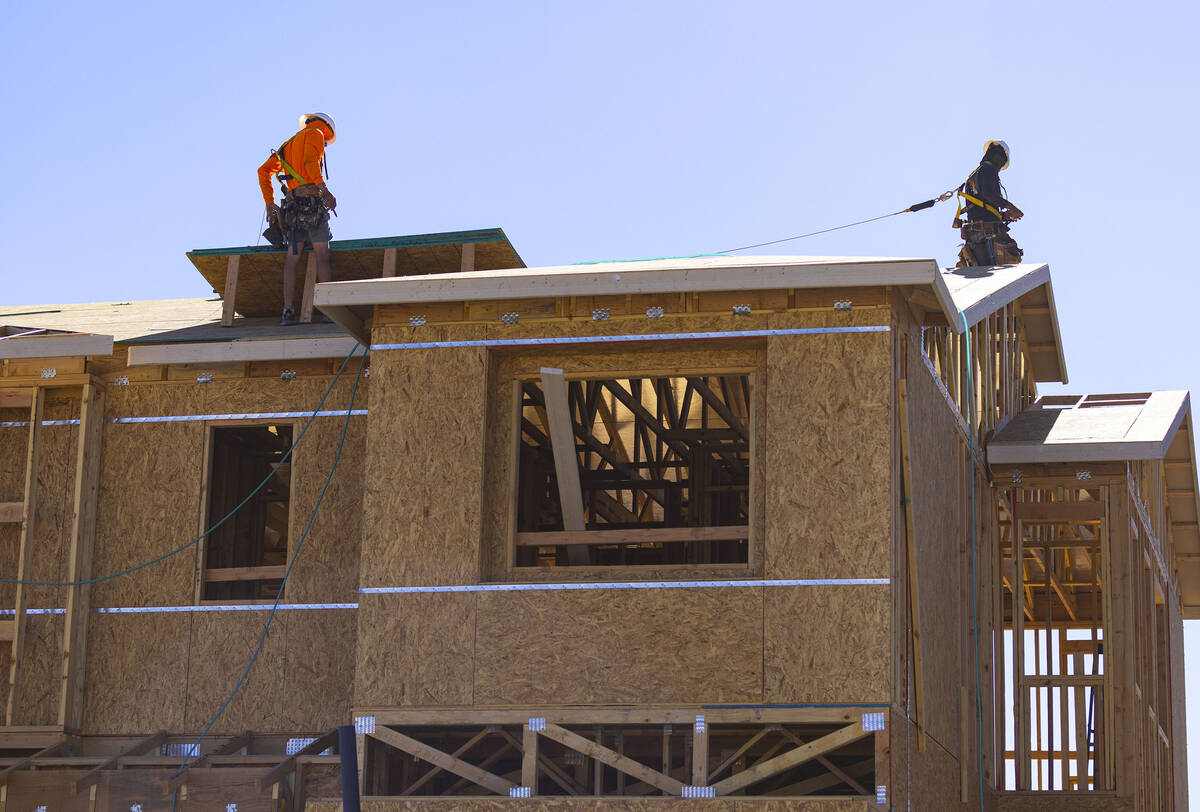Sixty years ago, the Rev. Martin Luther King Jr. delivered a speech to the Chicago Freedom Festival addressing the poor housing conditions faced by Blacks in the city. Today, housing conditions and accessibility for predominantly Black communities continue to expose the inequality of housing nationwide.
This month, as we honor the contributions of great Black leaders such as King, we must work to remedy this problem.
Cities with deep-rooted segregation, whether Chicago, New York or Los Angeles, have a long history of housing inequality. When King spoke in Chicago, racism and government redlining were the primary culprits. Today, the government still plays a significant role in the outdated exclusionary zoning practices and burdensome regulations that make it hard to build good homes.
The best way to make housing affordable is to increase supply, and the best way to empower Black communities is to allow them to build whatever kinds of housing they need.
About 75 percent of land in cities nationwide is limited to single-family housing. Worse, local bias and political leaders are often given disproportionate veto power over development. In Chicago, for example, aldermanic prerogative — a federally criticized tradition that gives local leaders veto power over development in their ward — can make approval uncertain at best, not to mention slow and expensive. As a result, Chicago approves fewer housing units per capita than any other major U.S. city, and 42 percent of households in Chicago spend more than 30 percent of their income on housing, classifying them as “housing burdened.”
The number grows closer to 50 percent or higher in predominantly Black communities.
Other cities have proven that change is possible through market-oriented reforms. Los Angeles has made more housing affordable by reducing restrictions on developing additional dwelling units, sometimes called granny flats or coach houses. These small residential units provide opportunities for aging in place and socioeconomic integration.
In 2022, 7,000 additional dwelling units were permitted in Los Angeles, and 1 in every 3 housing permits in the city is for an ADU. Recent survey data indicate that most of these units are affordable for those who make less than 80 percent of the area’s median income — an increase in affordability that has come at no cost to the taxpayer.
Minneapolis, Houston and other cities have also implemented changes that make building easier and improve housing affordability. These changes — such as reducing minimum lot size requirements, eliminating parking minimums and allowing for residential construction in commercial areas — have helped expand supply and decrease costs.
The key to addressing America’s housing crisis, particularly in historically disadvantaged communities, is removing the barriers that make construction nearly impossible. Just as we eliminated racist redlining practices, cities need to eliminate outdated red tape that keeps these communities stuck.
Cities should follow the lead of Los Angeles. Chicago’s ADU program is inequitable, severely limiting development in the city’s predominantly Black neighborhoods through extra restrictions. People should be able to build these structures by right, regardless of where they live.
There are more market-oriented solutions that promise affordability. Vacant office space languishing in downtown areas since the pandemic could be turned into housing supporting sustainable urban growth and access to economic opportunity. Objective criteria should be instituted for judging housing projects, not the subjective will of local leaders or special interest groups.
These solutions have been proven to work. It’s time to expand them nationwide.
In his book “Where Do We Go from Here?” King asserts, “There is no deficit in human resources; the deficit is in human will.”
The same remains true today.
We know that housing is an issue of supply. Do our government leaders have the will to get out of the community’s way? Do we, community members, have the will to say goodbye to outdated restrictions in pursuit of housing abundance and prosperity?
Let’s hope we don’t have to wait an additional 60 years to hear a resounding “yes.”
LyLena D. Estabine is a researcher in housing policy at the Illinois Policy Institute. She wrote this for InsideSources.com.

